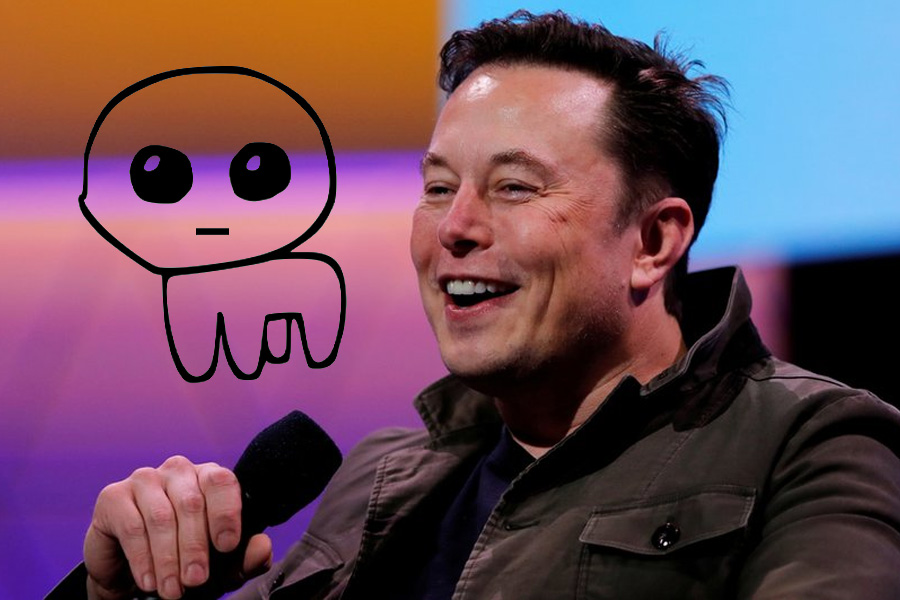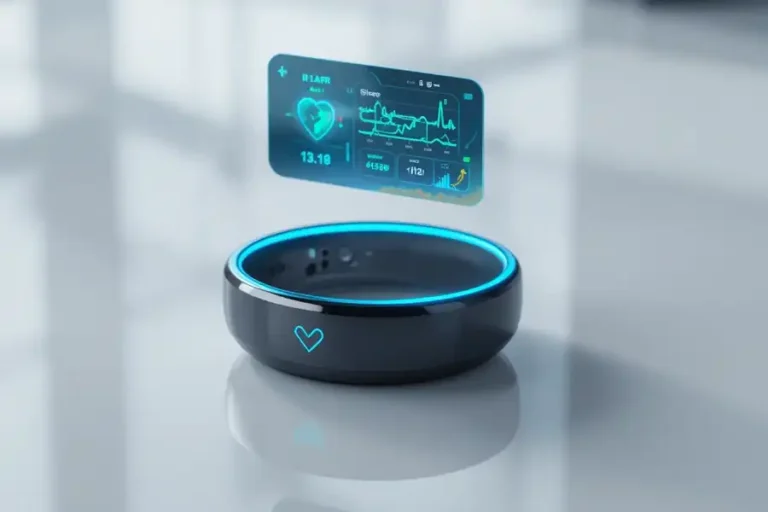Elon Musk is one of the most influential entrepreneurs of the modern era, known for leading Tesla, SpaceX, and several other groundbreaking ventures. In 2021, during his appearance on Saturday Night Live, Musk stated that he had Asperger’s syndrome, a condition previously classified under the autism spectrum. This revelation sparked widespread discussion about his neurodivergence.
Table of Contents
This article examines the question: Is Elon Musk autistic? By exploring his self-disclosure, the nature of autism spectrum disorder, and how it may relate to his traits and achievements, we aim to provide a clearer understanding of the topic.
Is Elon Musk Autistic?
During his Saturday Night Live monologue in 2021, Elon Musk stated, “I’m actually making history tonight as the first person with Asperger’s to host SNL.” This remark was the first time he publicly addressed his neurodivergence, bringing attention to the question: Does Elon Musk have autism?
Asperger’s syndrome was once considered a distinct diagnosis, describing individuals with social difficulties and intense focus on specific interests, but without significant language or cognitive delays. However, in 2013, the American Psychiatric Association reclassified Asperger’s under the broader autism spectrum disorder (ASD) in the Diagnostic and Statistical Manual of Mental Disorders (DSM-5). Today, the term “Elon Musk Asperger” aligns with what is now recognized as ASD.
Musk’s statement was a form of self-identification rather than a formal clinical diagnosis made public. While his traits align with characteristics associated with ASD, the absence of detailed medical confirmation means discussions about Elon Musk autism remain based on his own disclosure rather than documented medical evaluations.
Does Elon Musk Have Autism?
Elon Musk’s public behavior has often fueled speculation about whether he is on the autism spectrum. His communication style is direct and sometimes awkward, with a monotone delivery and occasional difficulty reading social cues—traits that can align with autism spectrum disorder (ASD). Additionally, his intense focus on engineering, innovation, and problem-solving is characteristic of individuals with autism who exhibit deep, specialized interests.
However, diagnosing autism in public figures without a medical evaluation presents significant limitations. Observing certain behaviors does not equate to a formal diagnosis, as traits associated with ASD—such as unconventional social interactions or intense focus—can also be attributed to personality differences rather than neurodivergence.
Experts emphasize that autism exists on a spectrum, with varying degrees of traits and abilities. Some psychologists argue that while Musk’s behaviors may align with ASD characteristics, they could also be the result of his upbringing, personality, or high intelligence rather than a definitive indication of autism. The question Does Elon Musk have autism? ultimately remains tied to his self-identification rather than a medical confirmation, leaving room for interpretation based on available information.
Elon Musk Asperger’s: Understanding the Terminology
Asperger’s syndrome was once recognized as a distinct neurodevelopmental condition characterized by social difficulties, repetitive behaviors, and intense focus on specific interests, but without significant language or cognitive delays. However, in 2013, the Diagnostic and Statistical Manual of Mental Disorders (DSM-5) reclassified Asperger’s under the broader autism spectrum disorder (ASD), eliminating it as a separate diagnosis. This change was made to better reflect the spectrum nature of autism, where traits vary widely in severity and presentation.
Despite this reclassification, many individuals, including Elon Musk, continue to use the term “Asperger’s.” When Musk disclosed his diagnosis on Saturday Night Live, he specifically said he had Asperger’s, a term that remains culturally significant, especially among those diagnosed before the DSM-5 changes. Some prefer it because they feel it distinguishes their experiences from what they perceive as more severe forms of autism, while others embrace the broader ASD label to reflect a more unified understanding of neurodivergence.
Public perception of “Elon Musk Asperger” differs from how autism is commonly viewed. Asperger’s was often associated with high intelligence and exceptional abilities, whereas autism, as a broader term, still carries stigma in some areas. Musk’s identification with Asperger’s has contributed to discussions about neurodiversity in high-achieving individuals, shaping how society understands autism in successful entrepreneurs and innovators.
Public Reactions to Elon Musk’s Neurodivergence Disclosure
Elon Musk’s disclosure of having Asperger’s on Saturday Night Live sparked a range of reactions from the media and the public. Some outlets praised his openness, noting that his announcement helped raise awareness of neurodiversity, particularly among high-achieving individuals. Others focused on how his traits—such as direct communication, intense focus, and unconventional social interactions—align with common perceptions of autism.
However, critiques emerged regarding the way autism is often framed in discussions about Musk. Some critics argue that the “eccentric genius” stereotype reinforces a narrow and misleading view of autism, suggesting that neurodivergent individuals must possess exceptional intelligence or innovation to be valued. This overlooks the diverse experiences of people on the spectrum, including those who face significant challenges in daily life.
At the same time, many in the autism community welcomed Musk’s statement. Some advocates saw his disclosure as a step toward greater acceptance and visibility of neurodivergent individuals in leadership roles. Others appreciated his candidness, as public figures acknowledging their autism can help reduce stigma. The discussion around Elon Musk autism continues to influence broader conversations about neurodiversity, workplace inclusion, and how society perceives those on the spectrum.
The Impact of Musk’s Autism Disclosure
Elon Musk’s openness about having Asperger’s has contributed to greater awareness of autism spectrum disorder (ASD), particularly in the context of leadership and innovation. By publicly acknowledging his neurodivergence, he has helped challenge misconceptions that autistic individuals cannot excel in high-pressure or complex roles. His disclosure has also sparked discussions about the strengths associated with autism, such as deep focus, analytical thinking, and unconventional problem-solving.
However, concerns exist about conflating Musk’s individual success with autism itself. While his achievements in technology and business are impressive, they are also influenced by factors beyond his neurodivergence, such as privilege, access to resources, and an exceptional work ethic. Some critics argue that highlighting Elon Musk autism in the context of his success risks reinforcing the idea that autistic individuals must display extraordinary abilities to be valued, overshadowing the struggles many on the spectrum face in daily life, education, and employment.
Despite these concerns, representation matters. Seeing a prominent figure like Musk openly discuss his neurodivergence can empower other autistic individuals, particularly adults in professional settings. It challenges outdated stereotypes and demonstrates that autistic people can thrive in leadership roles. His disclosure contributes to broader conversations about workplace inclusivity, support systems, and the diverse ways autism manifests across different individuals.
FAQs About Elon Musk and Autism
Q: Did Elon Musk formally disclose an autism diagnosis?
A: Elon Musk stated on Saturday Night Live in 2021 that he has Asperger’s syndrome. While Asperger’s is now classified under autism spectrum disorder (ASD), he has not publicly shared details of a formal medical diagnosis beyond his own disclosure.
Q: What’s the difference between Asperger’s and autism?
A: Asperger’s syndrome was previously considered a distinct diagnosis, characterized by social challenges and intense focus but without language or cognitive delays. In 2013, the DSM-5 reclassified Asperger’s under the broader ASD umbrella to reflect the wide range of traits and abilities within the spectrum. Today, “Asperger’s” is still informally used but is no longer an official diagnosis.
Q: How has Musk’s neurodivergence impacted his career?
A: Musk’s intense focus, problem-solving skills, and unconventional thinking have played key roles in his success at Tesla, SpaceX, and other ventures. Some of these traits align with those found in autistic individuals. However, his achievements also stem from other factors, including his education, resources, and work ethic. His disclosure of having Asperger’s has helped raise awareness of neurodiversity in leadership and entrepreneurship.







